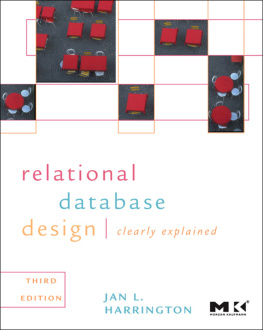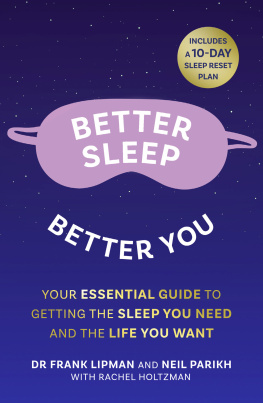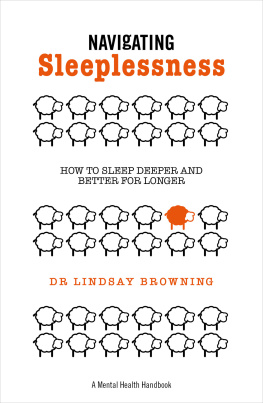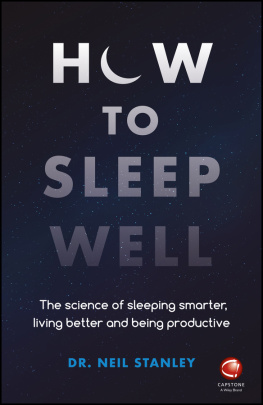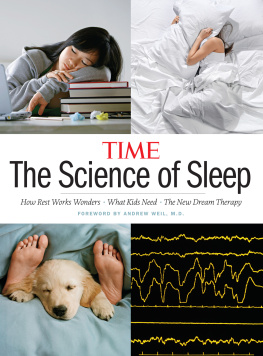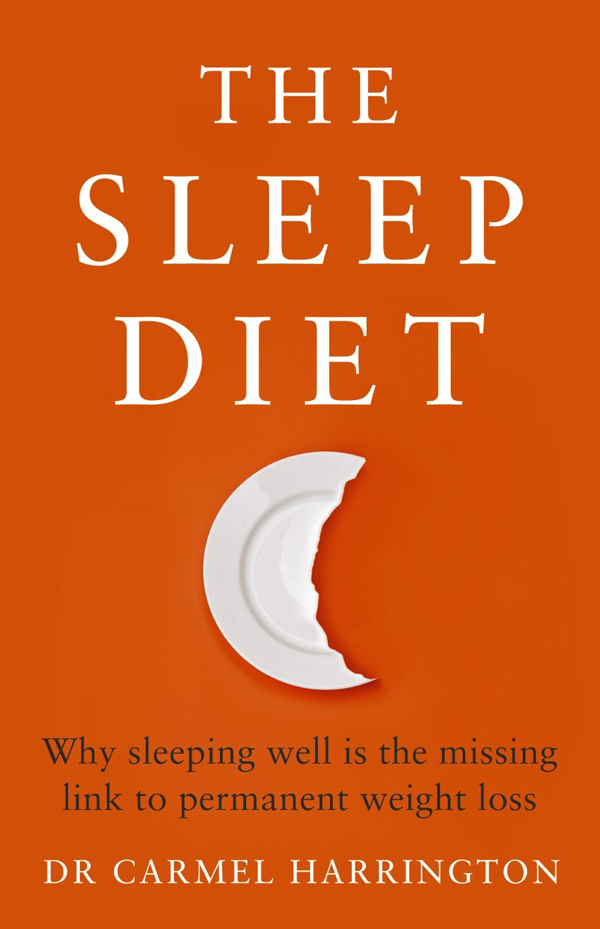To my parents, Billie and Brien, who made it all possible, and to my wonderful children, Alexander, Charlotte and Damien.
INTRODUCTION
The definition of insanity: Doing the same thing and expecting a different result.
Albert Einstein
It is almost a universal expectation for every diet we commence that this time this diet will get rid of our unwanted kilos, permanently. Time and again, though, we end up back at the start, searching once more for the magical eating program that will allow us to be at our ideal weight. Take heart you are not the only one and, for most of us, the reason for the failure of the new diet is exactly the same as the reason for the failure of the previous diet. Every time we undertake a new diet most of us, unfortunately, only ever adopt the same process as before we adjust our food intake. And despite Einsteins warning, we keep expecting that this will give us a different result. We keep expecting that this time we will have permanent weight loss and are very disappointed and disheartened when this doesnt happen. The process of dieting often goes something like this: we read about a diet (like the last time), we hear from others that it works (like the last time), and we start the diet with high motivation for weight loss (like the last time). Generally the diet involves reducing food intake and increasing exercise (like the last time), and unfortunately once the diet is over, any weight lost is regained (like the last time). But why do we expect it to be any different? If we always diet in the same way, we should expect, just as Einstein said, exactly the same result.
It is therefore time for a paradigm shift. It is time to factor sleep into our diet. Thats right sleep.
There is now conclusive proof of a link between lack of sleep, weight gain and obesity. Numerous major studies show unambiguously that if you do not sleep enough, you will gain weight and find it difficult to lose it. The links between insufficient sleep and obesity have been shown in population studies, in clinical studies and more recently in brain research. All have reached the same conclusion: sleep plays a vital role in our ability to manage our weight. It is now clear that sleep is the missing link between traditional diet strategies and successful weight loss, and that to permanently get off the diet merry-go-round, food intake, exercise and sleep are equally important considerations.
This proof is only now emerging because in the past nutritional scientists and sleep scientists have studied the problem from their particular viewpoint and not coordinated their research. Despite this there is now a compelling body of evidence to tell us that sleep, eating and exercise are inextricably linked at a cellular level, and we will only ever have limited dieting success if we do not consider all three aspects in our weight-loss attempts.
Up until now this evidence has been mostly confined to the world of research; this is the first time this information has been presented for a general audience. This book aims to inform not just about the incredibly important links between sleep and body weight but also how sleep affects every part of our lives. It is intended to be a fundamental resource in health maintenance. Moreover, by providing a detailed sleep and eating program, the book will give each reader an understanding of their individual sleep needs and, most importantly, the skills they need to develop to achieve good, healthy sleep and thereby a good, healthy metabolism and weight.
PART 1
THE IMPORTANCE OF SLEEP
THE PROBLEM
JULIES STORY
When Julie started her umpteenth attempt at dieting she already felt defeated. At 95 kilos and just on 165 cm she was very overweight, and she knew it. Despite her many failed attempts she had decided to give dieting one last try as she had been told that she had high cholesterol and an under-performing liver factors that put her at high risk of serious health problems in the not-too-distant future.
Julie was 35 and very much wanted to have a baby. She had put off becoming a mother to build her career and had never considered that falling pregnant was going to be difficult however, she had been trying for over a year without success. She was a partner in a law firm, and now that she had reached her professional goal she desperately wanted to achieve her personal goals of health and having a family.
Julies days were long and busy. Typically she would start work around 7.30 a.m. (which meant that she had to get up at 6 a.m.) and work through to about 7 p.m. By the time she got home, ate dinner and had some downtime, it would be rare for her to get to bed much before midnight. This meant that she normally averaged only six hours of sleep per night.
Her pattern of reduced sleep was a relatively recent phenomenon and had only developed over the period when she was working hard to establish herself as a lawyer. When she thought back to her student days she recalled that she would regularly get between eight and nine hours of sleep per night. At that time she did not have a weight problem and weighed about 58 kilos. Unfortunately, since then her weight had continued to increase despite her many attempts to diet.
This time Julie knew she had to be successful at her dieting her health and her chances at motherhood depended on it. But what, Julie wondered, could she do this time that she hadnt already tried in the past?
As we will find out over the next few chapters, Julies chronic sleep deprivation was what was making it so difficult for her to lose weight and to maintain any weight loss that she may have achieved. Julie did go on to lose her weight and, most importantly, has kept it off now for three years, but for this to happen Julie needed to examine her lifestyle and make informed choices about what would and what would not allow for successful weight loss.
Have you, like Julie, ever tried to lose weight and failed? Have you at some stage tried particularly hard, telling yourself that this time you will be more disciplined and more focused, and yet youve still failed to lose weight?Ever wondered why this was the case? Why, when you are so successful in other parts of your life, permanent weight loss is just about an impossible achievement? Maybe you are so over dieting that you no longer even want to think about it. Perhaps, though, you have decided that you will give dieting one more chance. Perhaps like Julie you have just received some bad news from your doctor about your future health prospects and you have decided that this is it. If this is you, then this book may be what makes the difference and allows you to finally diet with success.


